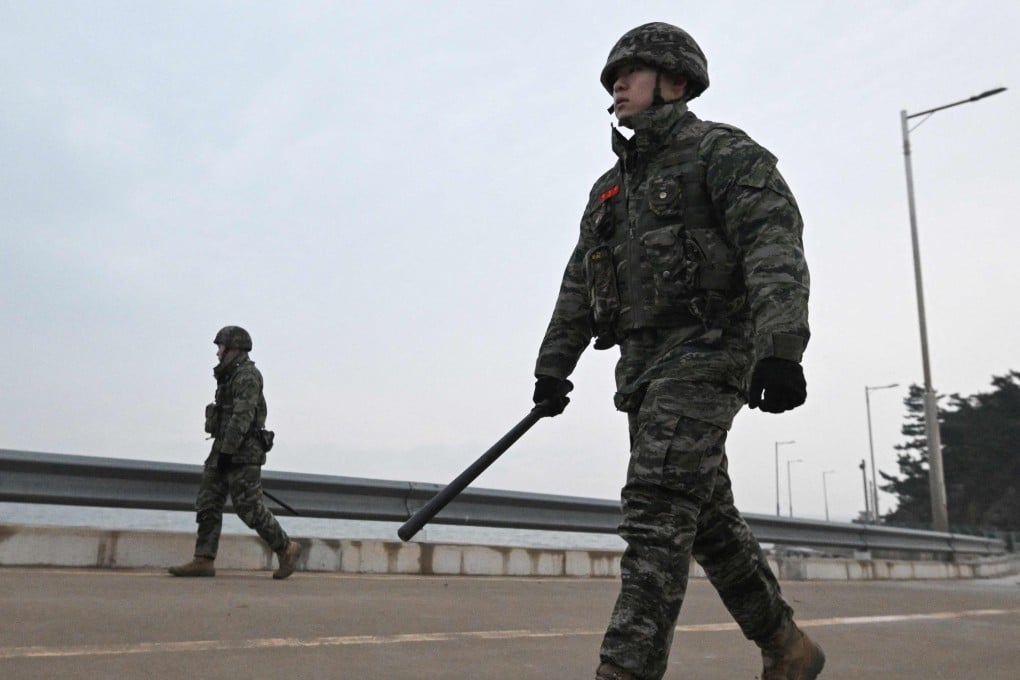Advertisement
South Korea ‘sensing geopolitical uncertainty’ avoids committing in potential Taiwan crisis, maintains mainland China ties
- With wars raging in Ukraine, the Middle East, and an emboldened North Korea, it is prudent Seoul not get involved in a potential Taiwan crisis, one expert said
- The analyst added, a war in the Taiwan Strait could lead to a full-blown conflict, due to growing North Korea-Russia ties, and a North Korean-Chinese leaders’ meeting
Reading Time:4 minutes
Why you can trust SCMP
35

Seoul’s reluctance to commit itself in the event of a Taiwan crisis, despite being an American ally, stems from its need to remain prudent amid uncertainty over ongoing global conflicts, the coming US presidential election and a potentially emboldened North Korea.
Warning that a war in the Taiwan Strait would escalate into full-blown conflict, analysts also said South Korean President Yoon Suk-yeol, fresh off a pummelling at the polls, should show that he can maintain his ties with Beijing ahead of a trilateral summit.
South Korea’s Minister of National Defence Shin Won-sik downplayed his country’s resolve to intervene in such a scenario, during a TV interview on April 21, adding that if a crisis occurred, Seoul’s paramount concern was “observing the possibility of North Korean provocations”.
Shin added that South Korea will work with the United States to create a strong defence strategy, and said Seoul is focused on maintaining national security as part of “upholding global security”.
Seong-Hyon Lee, visiting scholar at the Harvard University Asia Centre, said South Korea’s reservations in getting involved in a Taiwan crisis stemmed from “uncertainty” as wars rage in Ukraine and the Middle East, and November’s US elections loom.
“South Korea is sensing geopolitical uncertainty,” he said, noting that Seoul was “toning down the rhetoric” on Taiwan so as not to inject uncertainty that could “easily turn into volatility”.
Such prudence, Lee noted, was also observed by the US during Secretary of State Antony Blinken’s visit to Beijing in late April, as well as Japan.
Advertisement